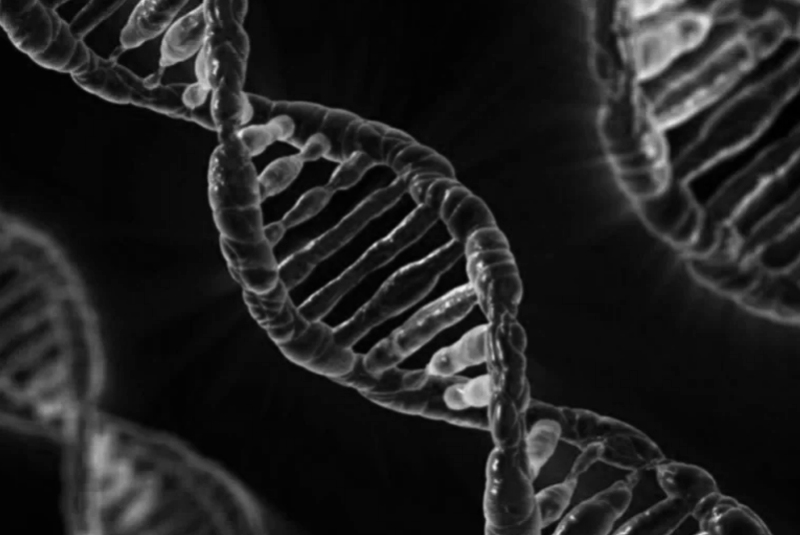The DNA Technology (Use and Application) Regulation Bill, 2019, currently under consideration by the Parliamentary Standing Committee on Science & Technology, Environment & Forests, Rajya Sabha, envisions national and regional DNA databases, calls for institutionalising a DNA Regulatory Board and lays down provisions for collecting, storing, analysing and using DNA evidence for various law enforcement and legal purposes.
However, the bill is silent on certain other issues that are bound to come up once it is passed. Two such intricately linked issues warrant a detailed discussion: the scientific validity of DNA evidence and its admissibility in Courts.
As a forensic technique, DNA analysis has supposedly proved to be a ‘gold standard.’ However, the law enforcement agencies, and by extension, the Courts, should be wary of conflating forensic results with ‘the truth.’
This is because the use and application of any technology have scientific, societal and institutional contexts that should be kept in mind and thoroughly interrogated when the fate of human beings depends on ‘biological facts.’
-30-
Copyright©Madras Courier, All Rights Reserved. You may share using our article tools. Please don't cut articles from madrascourier.com and redistribute by email, post to the web, mobile phone or social media.Please send in your feed back and comments to [email protected]











